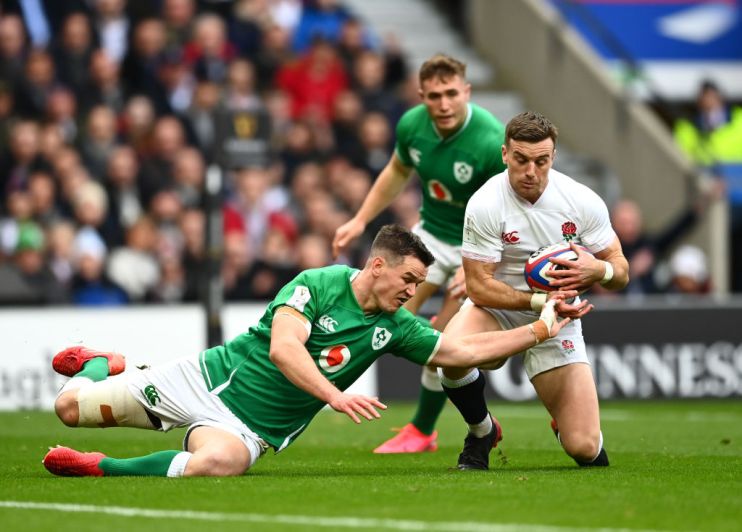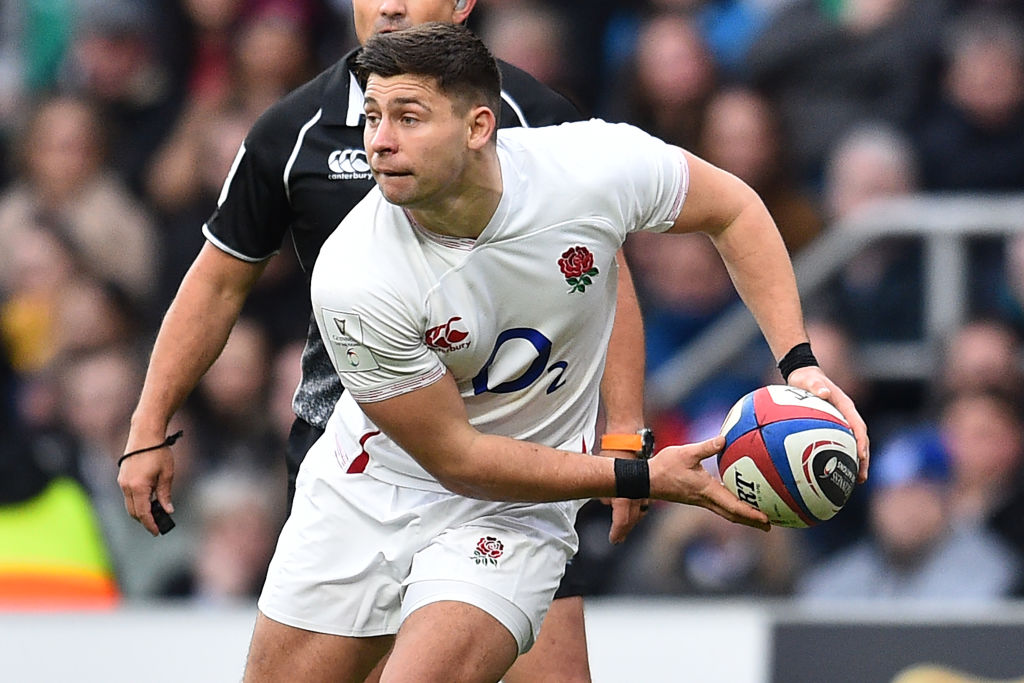England must rediscover creative spark in Triple Crown showdown

England’s victory over Ireland in the last round of the Six Nations saw them take a significant step forward in performance. But in truth it came from a standing start.
Eddie Jones’s men had been torn apart by the flair of the French before they stumbled to a win at Scotland in the swirling wind of Murrayfield and they needed a strong showing against Ireland two weeks ago.
A 24-12 triumph at Twickenham kept England’s hopes of winning the Six Nations alive, albeit out of their hands.
They will need another win against Wales on Saturday to keep the pressure on Grand Slam-chasing France, but it will be no easy feat for a team still not firing on all cylinders.
Despite the victory, it was a far from perfect performance last time out from England, who could, and should, have dismantled their mistake-ridden opponents.
England fail to capitalise
Post-match reaction focused on criticism of Ireland and captain Johnny Sexton, who was at fault for the hosts’ first try and missed a number of kicks in an erratic display.
England made Ireland pay for their first-half mistakes to take a 17-0 lead at the break but failed to capitalise further.
Up front it was business as usual as the English pack dominated set-pieces and tackles.
But there is clear room for improvement in attack, where England’s over-reliance on Manu Tuilagi is apparent.

It is no coincidence that the 28-year-old’s first start of the Six Nations heralded the team’s best performance.
Finding a way to stop Tuilagi from bursting through the gainline will be crucial to Wales’s hopes of preventing a third straight defeat, such is the predictability with which England have been playing.
Given the talent at their disposal, there ought to be more facets to the World Cup finalists’ game than brutish ball-carrying or mauls, as seen in the third try against Ireland.
It was a game where Jones’s side showed their ability to get into dangerous territory with a typically strong kicking game, but they did not regularly convert trips to Ireland’s 22 into points.
Missing creative spark
One of the ongoing problems is England’s lack of creativity at scrum-half.
Youngs put in a good performance on his return to the starting XV as Jones’s decision to drop him for Willi Heinz against Scotland delivered a positive response.
He provided the kick that led to the opening score but there were still a couple of loose passes and criticism of his slow play still appears pertinent.

Jones this week called up Exeter’s Jack Maunder to train and the 22-year-old is the latest No9 to join the squad as doubts about the long-term holder of the jersey continue.
Maunder was selected for the Argentina tour in 2017 but has not been used by Jones since, while the likes of Danny Care, Richard Wigglesworth, Ben Spencer and Dan Robson have all come and gone.
Northampton’s Alex Mitchell, 22, had been training as an “apprentice” and may have been involved again but is unavailable with injury.
On current form, Wasps’ Robson, 27, would be the standout choice to come in, but Jones looks set to keep faith in Youngs.
The 30-year-old said ahead of his 100th international cap last month that the No9 role had “changed so much” and required being “more tactically smart” in today’s game.
A look around at players such as Robson, France’s Antoine Dupont, and South Africa’s Faf de Klerk would suggest there is still plenty of room for creative flair, however.
If England’s attack is to become more dynamic, then Youngs may need to rediscover the quick and varied passing and line-breaking runs that made him stand out a decade ago.